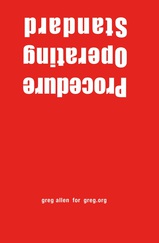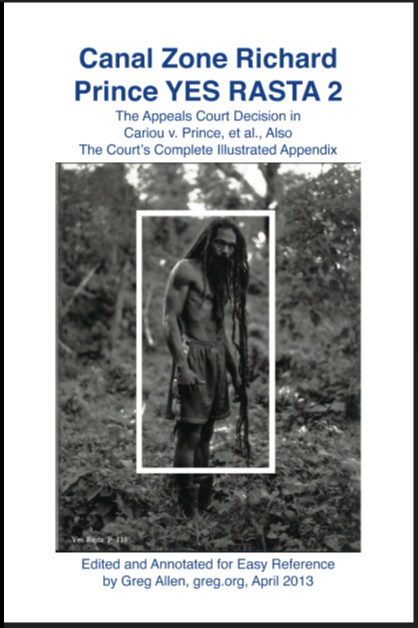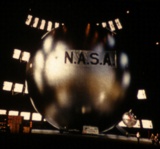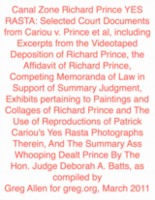Today's Guardian asks twelve actual historians to lend their authoritative-sounding accents on politicians' arguments that Iraq is the next [check all that apply]
1939 Germany
1956 Egypt
1967 Israel
1991 Iraq
1963 Vietnam
1899 South Africa
1936 Ethiopia
A long time ago in a galaxy far, far away Naboo
As someone who made a movie (S(N01)) about looking at the past (WWI) to make sense of the present (Sept. 11), I'm interested. One big lesson is best expressed by Simon Schama: "I'm allergic to lazy historical analogies. History never repeats itself, ever. That's its murderous charm."
Another: historians are almost as likely as politicians to slip from historical analogy to histrionic advocacy. For example Andrew Roberts' unsubtle derision: "The League of Nations, on the morning after Poland was invaded, had on its urgent agenda the standardisation of European railway gauges. Today's United Nations is fast shaping up to be equally ineffectual." (See if you can read between ' lines.)
And even though it would catapult S(N01) up the relevance scale, I hope Norman Davies is wrong comparing Iraq to 1914 Russia:
So what about 1914? The strongest military power in sight (Germany) is made to feel insecure by a terrorist outrage. Instead of confining its response to the known source of the terrorism (Serbia), it lashed out at one country, which it suspected of abetting the terrorists (Russia), and then at another country (France), which was linked to the first. Then it lost the plot. Worst of all, it calculated that the war would be won by Christmas.












